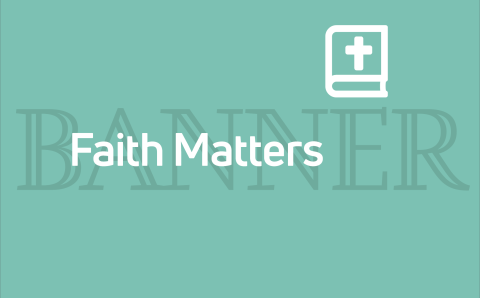I’m already sick of reading election news on my news feed, and we still have months to go. Would it be irresponsible of me to bury my head in the sand and ignore it all?
Yes, it would be irresponsible.
One of the finer accents of the Reformed faith is an emphasis on engaging with the world even when it feels dark and deeply flawed. That includes getting involved in choosing leaders. Here are a few ideas to help deal with what your digital device is delivering this election season:
- Pray: Prayer is often the last item on a list like this, but it should be first. Prayer changes things, and perhaps more importantly, it changes us. Shut off your screens and pray honestly about your hopes and fears. Earnestly seek God’s will and the good of all.
- Be aware of your biases: You’re aware of the biases of class, gender, race, and age you carry around all day, but especially during elections we should be aware of the more subtle biases in how we get our information, such as through sound bites instead of complete stories or videos over text.
- Read beyond the headline: I struggle with this one. I want to collect as much information as I can on just about any topic, so I scan headlines—delightfully feeding my biases along the way, but looking silly later when I quote said headline but can’t substantiate the rest of the story.
- Choose your sources well: Facebook, X (Twitter), Apple News, Google News, and the like are not news organizations. They are technology companies that make money on the number of people they can attract to (and keep on) their sites. Instead of relying on these often unreliable sources, get your news from well-established journalistic news organizations.
- Recognize red flags: Moved to anger or vindication by a candidate’s online post? Stop. Avoid the urge to like, share, or retweet. A strong emotional trigger from a post is a red flag you should recognize and pay attention to. It often means you are being manipulated.
- Check the facts wisely: It’s tempting to spend a lot of time digging deeper to discern if something is true or not, but be careful: the trickery behind misinformation is so sophisticated that the average user is more likely to be further misled than to discover the truth. Instead, try professional fact-checking organizations like Factcheck.org or PolitiFact.com.
Thanks for being your responsible self!
About the Author
Dean Heetderks is co-director of Ministry Support Services of the CRC and art director of The Banner. Wondering about any part of the digital side of your life? Tell him about it at dean.heetderks@gmail.com









